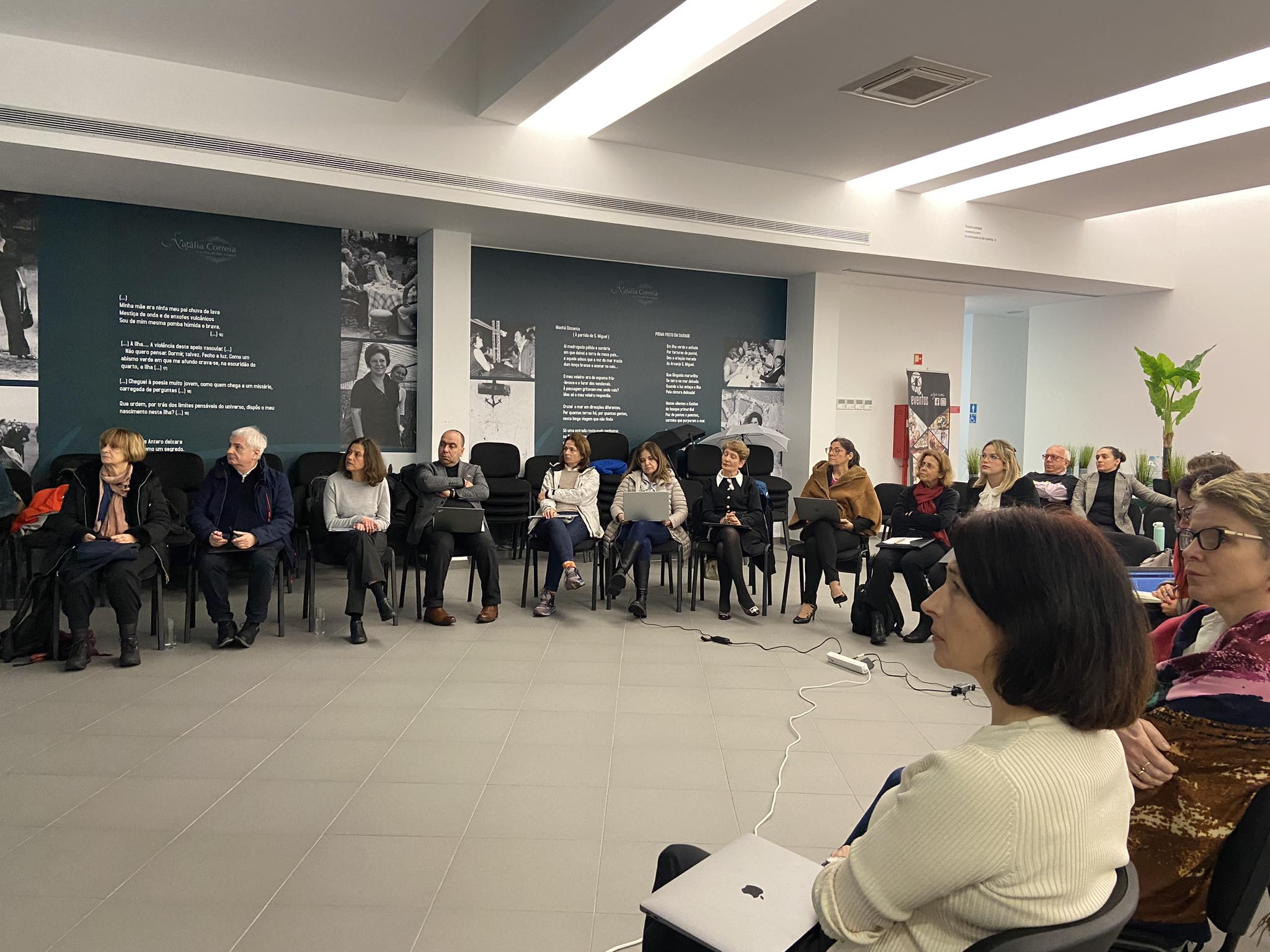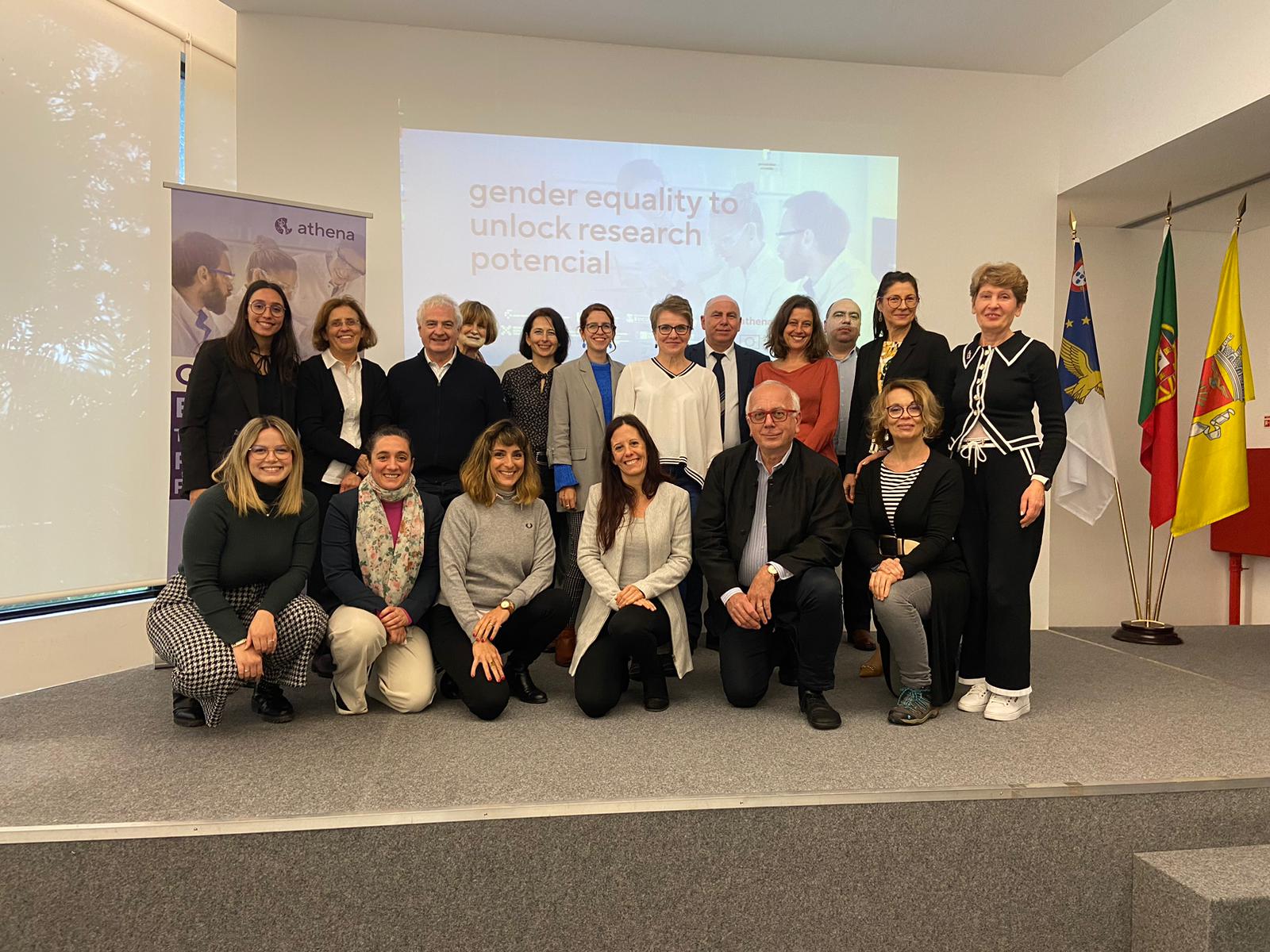In the framework of the ATHENA project, a project funded by the European Union’s Horizon 2020 research and innovation programme, the 3rd Mutual Learning Workshop was held in the Azores (Portugal) on the 16th of January. Athenas’ project involves 6 Research Performing Organisations (RPOs) and 2 Research Funding Organisations (RFOs), in the development and implementation of Gender Equality Plans (GEPs) to generate systemic institutional changes.
During the event the project partners have met to share their experience with the implementation of the Gender Equality Plan so far and with the collection of monitoring data.
The event was opened by Dr. Michelle Perello, project coordinator at Consulta Europa, who emphasised how the ATHENA project made a difference in the adoption of the Gender Equality Plan and who underlined the positive relationship between gender equality and the research and innovation performance of research organisations and countries.

This was followed by speeches from the other project partners, who showed their satisfaction with the results achieved through ATHENA and presented the main lessons learnt, emphasising the importance of respecting the GEP as an essential tool to correct gender gaps at university.
After the individual presentations, a discussion between the partners was then initiated, focusing on the sustainability of the plans and the replicability of the measures included in the plans.
It was remarked how some gender mechanisms in academia meritocracy are still “invisible” and how the trainings and focus groups implemented during the project were helpful to highlight those dynamics.
The discussion was very fruitful and was not limited to the gender gap: it also touched upon the concept of intersectionality, which is essential to understand how different forms of oppression can interact and add up, leading to unique experiences of discrimination and privilege. All partners acknowledge that hardly any measures have been devoted to this aspect in their current GEPs: the next important step is to consider intersectionality in future GEPs, for further inclusiveness and equity.

